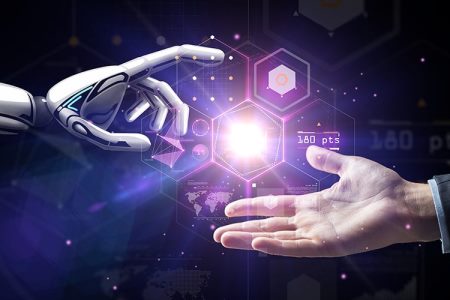
Digital Content Management and Human-Computer Interaction
The course introduces students to the basic concepts of Human-Computer Interaction, explaining fundamental concepts such the role of user's mental model of interaction, usability design principles, evaluation methods and techniques. Going beyond the fundamentals, at the second part of the course, advanced methods for improving user experience are presented in detail, including analyzing web site data (using google analytics), recommendation algorithms, exploiting social media and SEO techniques to improve site's effectiveness.
The expected learning outcomes include:
• Understanding of the fundamental principles of Human – Computer Interaction and the related concepts (e.g. interactivity)
• Development of skills that will enable the design and development of usable interactive systems
• Understanding of content architecture principles and practical tools
• Understanding and development implementation skills for the evaluation of interactive systems in terms of usability
• Design and development of value added services such as intelligent interfaces and personalization services
• Familiarization with the use of social media, Search Engine Optimization techniques as well as data analysis techniques (Google analytics, A/B testing)
Course contents
Section 1: Fundamentals of Human-Computer Interaction
• Basic concepts. The human as information processor.
• Interaction/interactivity, interaction styles, direct manipulation
Section 2: Interface evaluation methods
• Design rules and principles
• Heuristic evaluation, cognitive walkthrough, experimental evaluation
Section 3: Analysis, design, and implementation
• Requirements analysis
• Content organization, information architecture
• Content Management Systems
• Prototype development
• Implementation in desktop, web, mobile paltforms
Section 4: Advanced methods of digital content exploitation
• Google Analytics, Conversion rate Optimization, Google Experiments
• Persuasion and Influence Strategies
• SEO
• Recommender and Social recommender Systems